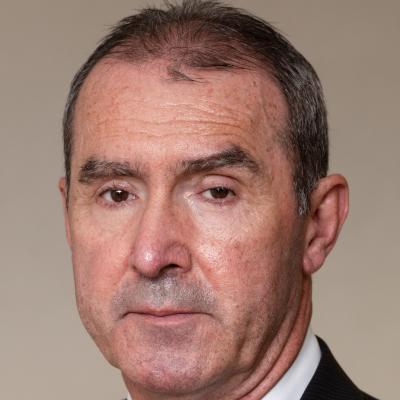The Fear of More Terrible Conflicts in the Balkans (21 September 1993 ~ The Guardian)
Some members of the international community, along with some foreign media representatives, have recently criticised Croatia for its alleged mistreatment of Bosnian Muslims. Several details need to be put into perspective in order to comprehend this never-ending Balkan drama: 1. Croatia was the first country in Europe to recognise the sovereignty of Bosnia-Herzegovina. Given the important geopolitical position of this neighbouring state, it is in the paramount interest of Croatia to respect the integrity of Bosnia-Herzegovina. In fact, it is Mr. Izetbegovic, not the Croats, who has just recently signed the de facto partition of Bosnia and Herzegovina in his agreement with the Serb side. On her part, Croatia has also strongly urged all Bosnian Croat military units to allow free safe passage to all United Nations humanitarian convoys. 2. On the one hand of the international community, along with some journalists, is constantly pushing Croatia’s President Franjo Tudjman to endlessly negotiate with Serbia’s leader Slobodan Milosevic: on the other, it accuses Tudjman of setting secret deals with Milosevic. The carve-up of Bosnia-Herzegovina into three distinct and separate states is not in the security interest of Croatia, given that the disappearance of Bosnia-Herzegovina would automatically legitimise Serbian territorial appetites and Serb illicit territorial acquisitions in neighbouring Croatia. 3. And in whose interest is it to keep this terrible conflict going on in neighbouring Bosnia? Contrary to many false assumptions, the Muslim side and its leader, President Alija Izetbegovic, are not so keen to see the conflict come to an end. The Muslim side must recompense its earlier territorial losses to the Serb aggressor by making now impossible demands to the much weaker Bosnian Croats. Ironically, instead of turning their anger on the real Serbian military threat, Bosnia’s Muslims prefer taking on Bosnia’s Croats, while at the same time portraying themselves as the only hapless victims in the Balkan conflict. As a grotesque irony of this conflict, neighbouring Croatia is currently housing more than 170,000 Muslim refugees from Bosnia-Herzegovina, whose number has recently increased by over 50,000 Croats fleeing the Muslim military advances in central Bosnia-Herzegovina. 4. Apparently, many well-meaning European Community observers, as well as many foreign journalists, do not face insurmountable difficulties visiting Muslim areas and prisoners under Croatian control in southern Bosnia-Herzegovina, including the Croatian-held town of Mostar. Yet, they appear unable to make their way to over 150,000 Croats in central Bosnia, who have been encircled and shelled for several months by the Bosnian Muslim forces. 5. The Serb-held territories in Croatia are nominally under the UN jurisdiction. Yet the UN forces seldom attempt to stop the Serbian fighters from shelling nearby Croat towns and villages. Aside from dispensing much needed humanitarian aid, the UN forces in the Serb-occupied regions of Croatia should start finally implementing the numerous UN resolutions, and help the Croat government restore its full sovereignty within its internationally recognised borders. The Croatian government is doing its utmost to bring the bloody and complex Balkan conflict to an end. Yet, without strong and more forceful measures on the part of the UN and the EC, the conflict will only spread throughout the Balkans. To accuse the Croatian government of being equally responsible for this drama is an elegant to shrug off the UN and EC paralysis and failure to define the real aggressor. Instead of dealing with symptoms of the Balkan disease, the international community must first and foremost define the origin and cause of the disease, and treat the disease accordingly. Should they continue to fail, the stage will soon be set for more terrible conflicts to occur.
Tomislav Sunic
Foreign Media Advisor
Ministry of Foreign Affairs
Croatia
